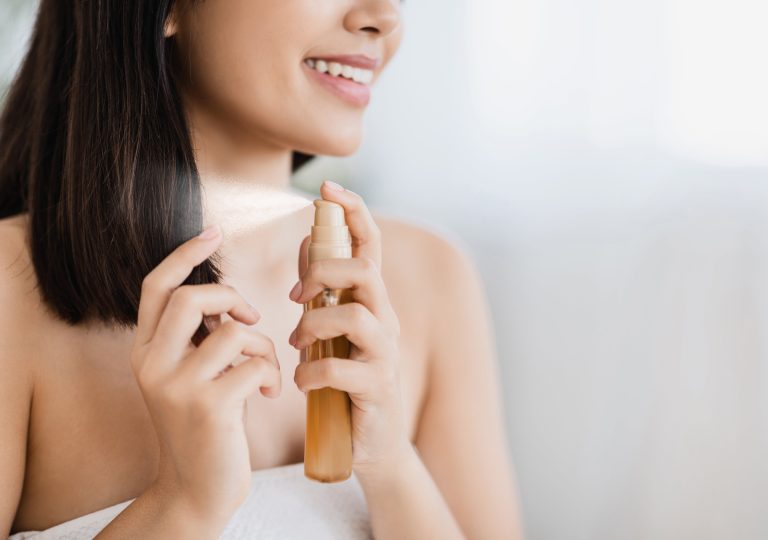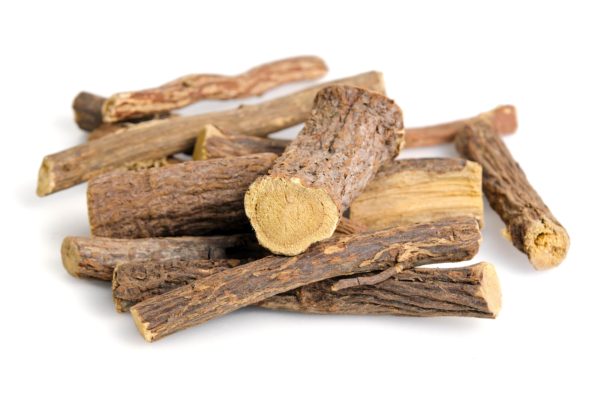
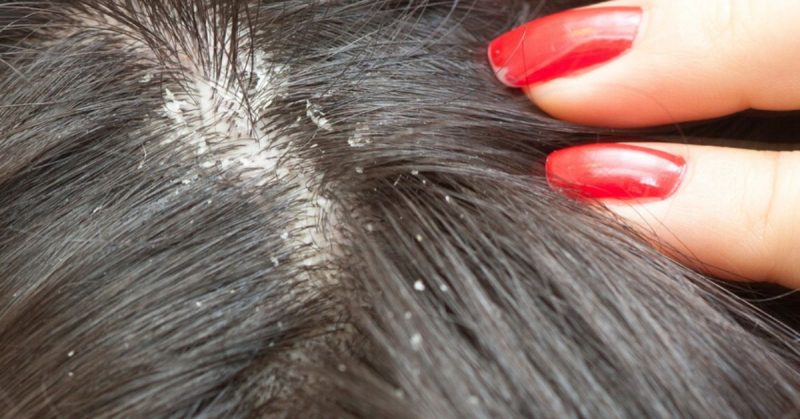
6 Reasons for Itchy Scalp and How to Relieve It
It can be frustrating when you are literally scratching your head over why your scalp itches. Pinpointing the exact cause can be difficult but to stop the itch, we have to start with knowing why. Here are some common causes for an itchy scalp and what you should do for relief.
1. Using The Wrong Shampoo
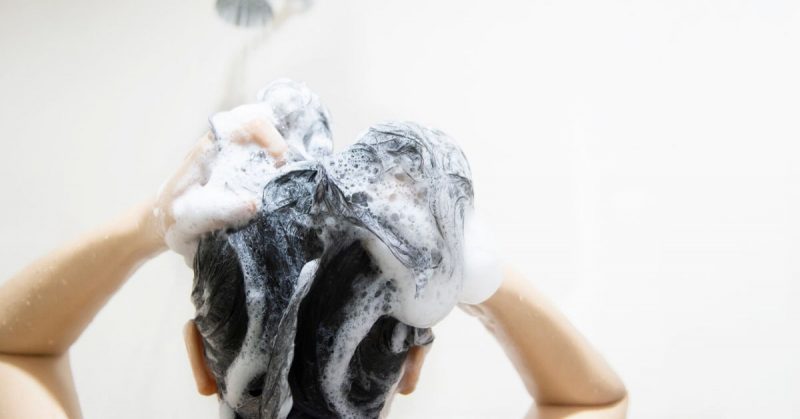
Not all shampoos are the same. Some contain chemicals that are too harsh, damaging the roots or the follicles of your hair strands. This results in an itchy scalp, or even whitish pimples that can develop into red boils. Beware as these weaken the roots of your hair and can result in hair fall. If left untreated for a long period of time, you might even find bald patches on the scalp with no visible hair follicles.
How to Fix It
Getting the right one that works for you may take some trial and error. Sometimes alternating two or more shampoo types can help too during the trial and error stages. Avoid products with harsh surfactants and high amounts of ethanol and look out for those that are SLS (Sodium Lauryl Sulphate) free. Have you tried our TK Trichokare Nourishing Bath? It is SLS free, made from European natural herbs and is specially formulated by herbalist and validated by Trichologists.
2. You Have Dandruff

Flakes and an itchy, scaly scalp are the main symptoms of dandruff. Dandruff occurs when your dead skin cells shed at a faster rate and the oil from the scalp causes them to clump together. These white, oily flakes typically accumulate in your hair and fall on your shoulders. It can also be worsened by the humid weather in Singapore.
How to Fix It
Good news, dandruff is treatable. To get it under control, use shampoo that are specially formulated to combat flakes. Choose one that works well with your hair type and use it daily to get rid of the flakes. Once it is under control, find an optimal frequency to swap in with your regular shampoo to maintain the effects. You can also opt for our TK Trichokare Revitalizing Bath that is highly recommended for those with oily scalp and dandruff.
3. Your Scalp Is Dry

Even though dandruff and dry scalp have the same main symptoms, they are actually two different conditions. When your scalp has too little moisture, it becomes irritated and flakes off. The flakes you’ll experience from dry skin are smaller and less oily. This makes your scalp more vulnerable against invading irritants and allergens.
How to Fix It
Restoring moisture to the scalp is key to alleviate the itchiness. The best moisturiser might already be sitting somewhere in your kitchen. Coconut oil has moisturising and antibacterial properties, making it a great, natural choice for fighting dryness.
[Read article on how you can prevent dryness and moisturise your scalp].
4. Poor Hair Routine and Hygiene

This is a sign for you to start cultivating and practising good ‘hair habits’. Not shampooing enough causes skin cells to accumulate and create flakes and itching. Using too many products in your hair can irritate the scalp and lead to more itchiness. And most importantly, no more scratching! Scratching your scalp when it itches will only increase irritation and leads to a vicious cycle.
How to Fix It
Shampooing often enough can keep oils at bay, helping with dandruff symptoms. We would recommend to shampoo at least once a day due to the weather in Singapore. While you are at it, try to resist the urge to scratch your scalp. Find and eliminate anything extra from your personal care routine. This includes gels, sprays, and other products so that you don’t make your symptoms worse. After your situation has been properly managed, you can then start to bring them back slowly.
5. Too Much Stress
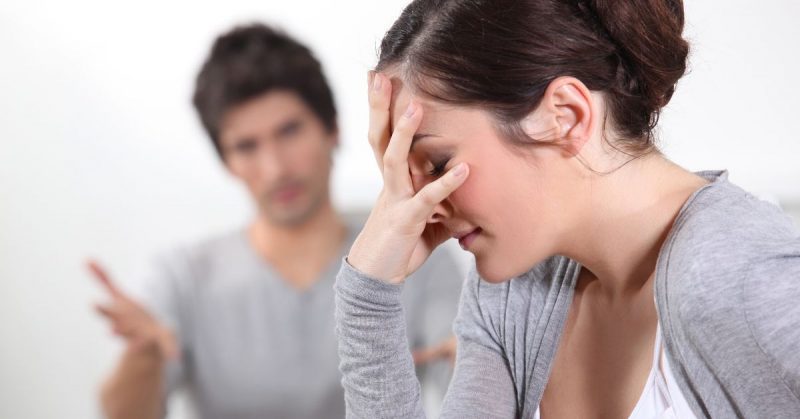
Stress can aggravate or even worsen dandruff for some individuals. Although stress does not cause Malassezia (a genus of fungi) to appear on your scalp, it can thrive if your immune system is compromised, which is exactly what stress can do to your body.
How to Fix It
Give your scalp the pampering it deserves and relax. Practicing yoga not only helps to reduce stress but also improve blood circulation of your scalp to aid hair growth. You may even find it helpful to keep a log of stressful events. Introduce a weekly scalp treatment and give yourself and your hair a breather. You can book an appointment with us here.
6. You Need to Seek Professional Help

There are many things that can cause your scalp to itch. Some of them, as discussed above, can be treated effectively with the right shampoos or a change in your lifestyle. But if it still doesn’t work for you, then it is best to consult a Trichologist.
How to Fix It
If your itch continues after all the suggestions or your scalp becomes red or swollen, make an appointment with our Trichologists. With a detailed analysis of your hair and scalp conditions, they will help you understand the root cause for your itchy scalp and advise you the proper treatment methods.
Book An Appointment
We'd love to hear from you! Send us a message and We will get back to you as soon as possible!
*Individual results may vary. There is no scientific proof that any product (except certain registered medicinal products) or service can retard hair loss or promote hair growth.
“Personal data obtained from the above information may be used for the purpose of making you aware of our services or promotions which TK TrichoKare thinks you may be interested in. Such information may also be disclosed to carefully selected third parties for direct marketing. If you wish to withdraw your consent given here in, you can do so at any time by sending an email to us or call us.”

